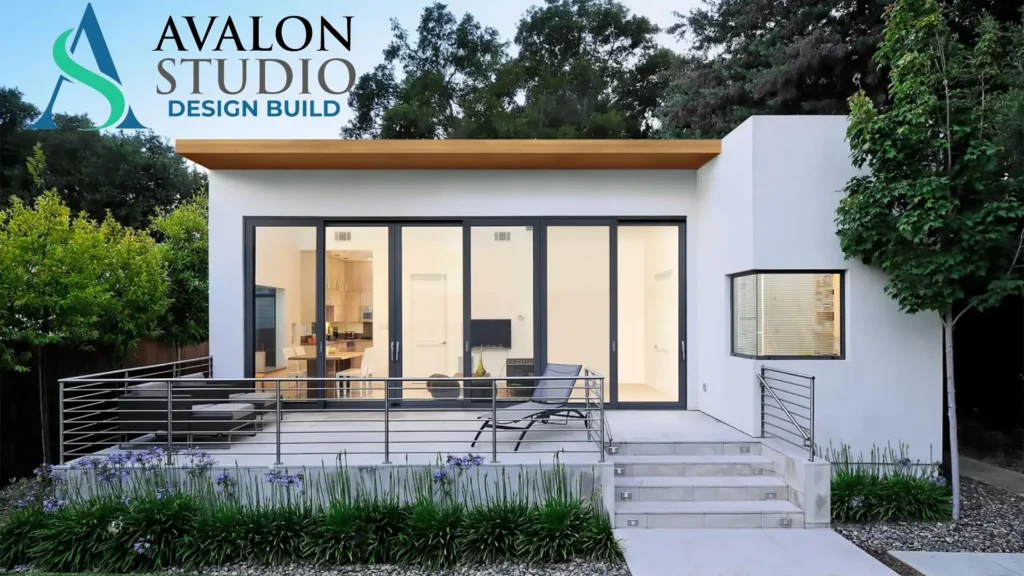Navigating the regulatory landscape is a crucial aspect of planning an Additional Dwelling Unit (ADU) project. Before embarking on construction, it’s essential to understand the local ADU regulations governing your area. These regulations can vary significantly from one jurisdiction to another, impacting everything from ADU design and size to permitting and zoning requirements. Let’s delve into what you need to know about local ADU regulations before you build.
Navigating Local ADU Regulations
Local ADU regulations encompass a range of factors that dictate how ADUs can be built and utilized within a specific area. Understanding these regulations is essential for ensuring compliance and avoiding potential setbacks during the construction process. Here are some key aspects to consider:
1.Zoning Requirements:
Local zoning regulations typically dictate where ADUs can be built within a community, as well as specific requirements regarding setbacks, lot size, and building height. It’s crucial to review the zoning ordinances applicable to your property to determine if ADUs are permitted and what restrictions may apply.
2.Permitting Process:
Obtaining the necessary permits is a critical step in the ADU construction process. Local building departments administer permit requirements, which may include submitting architectural plans, obtaining engineering approvals, and paying associated fees. Familiarize yourself with the permitting process and ensure compliance with all requirements.
3.Size and Design Guidelines:
Many municipalities have specific guidelines regarding the size, design, and appearance of ADUs. These guidelines may include maximum square footage, height restrictions, architectural aesthetics, and compatibility with the surrounding neighborhood. Adhering to these guidelines is essential for obtaining approval for your ADU project.
4.Parking and Access Requirements:
Some jurisdictions impose parking and access requirements for ADUs, such as providing off-street parking spaces or ensuring adequate access for emergency vehicles. Understand any parking and access regulations applicable to your property to avoid potential compliance issues.
Consulting with Local Authorities
Given the complexity of local ADU regulations, it’s advisable to consult with local planning departments or zoning officials early in the planning process. These authorities can provide valuable insights into applicable regulations, potential constraints, and steps required to obtain necessary approvals. Building a positive relationship with local authorities can streamline the permitting process and help ensure compliance with all regulations.
Working with Professionals
Engaging professionals such as architects, designers, and contractors with experience in ADU construction can also facilitate compliance with local regulations. These professionals are familiar with local building codes and can help navigate the permitting process while ensuring that your ADU project meets all regulatory requirements.
In short, understanding local ADU regulations is essential for anyone considering building an ADU on their property. By familiarizing yourself with zoning requirements, permitting processes, size and design guidelines, and parking/access requirements, you can navigate the regulatory landscape more effectively and avoid potential hurdles during construction. Consulting with local authorities and working with experienced professionals can further support a successful ADU project that complies with all applicable regulations.
Learn more about ADU:
Eco-Friendly ADUs: How to Build a Sustainable Living Space
The Complete Guide to Financing Your ADU Project: Tips and Tricks

